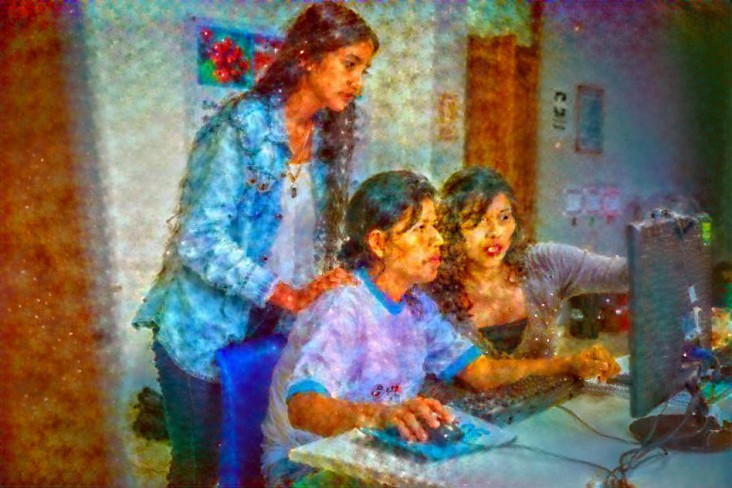USAID’s Equitable AI Challenge: Addressing Gender Inequity in Artificial Intelligence

USAID’s challenge aimed to source innovative approaches to prevent and respond to gender inequity in AI. This project, which is being run under Digital Frontiers, is meant to help decision-makers (such as designers, buyers, sellers, regulators, and users of AI technology) identify and address actual and potential gender biases in artificial AI tools.
Alongside Itad, PIT Policy Lab, and Athena Infonomics, we will be working with AI tools being used in Low-and middle -income countries (#LMICs) to understand bias in these datasets and provide proven toolkits to address these challenges.
Specifically, the consortium will work with USAID and Digital Frontiers to:
- Test the IBM AI Fairness 360 tool to detect bias, learning potential and provide mitigation recommendations within an international development context.
- Develop an ethical guide to guide public servants in all related to AI systems applied in educational contexts.
- Create a checklist to assist local decision makers and assess government initiatives aiming to develop and deploy AI systems within educational systems to ensure gender equity is incorporated by design.
We will also package the main learnings from the case study and present them in a workshop with stakeholders from the Ministry of Education in the state of Tamilnadu, India to explore the potential for replicability of the tools created and the lessons learnt in the Mexico experience.
Outcomes and impact
By addressing how AI tools can propagate gender bias and suggesting solutions to unfair outcomes that occur as a result of this challenge, we hope to contribute to improved student performance in Guanajuato, Mexico.
We also hope to provide generalized lessons that may be used across development actors to support more equitable use of AI tools across development and humanitarian aid programs.